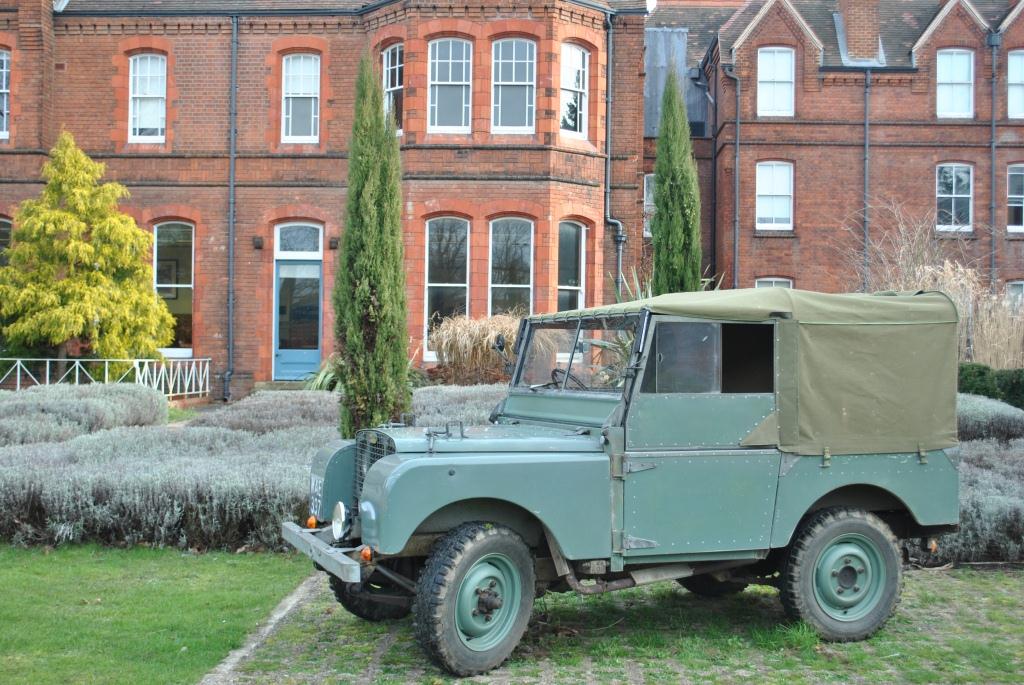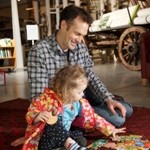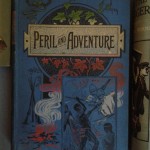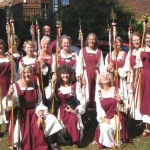In the first of a series of posts from our colleagues who attended the MA conference recently, Isabel Hughes, Curator of Collections and Engagement, summarises her talk on ‘Collecting Cultures’ and reflects on the conference as a whole…
The Museums Association Conference is the biggest gathering of museums people in the country. Despite the cutbacks in the sector, this year there were 800 people in attendance. The bulk of the sessions were divided between the themes of The Emotional Museum, The Therapeutic Museum and Tomorrow’s People. Day one was rather taken up for me by the emotions involved in chairing one session, led with aplomb by our Volunteer Co-ordinator, Rob Davies, then dashing into the room next door to speak at a second one that was part of a formal announcement of a new round of Heritage Lottery Funds‘ Collecting Cultures programme which MERL has been part of for the last five years. I had been asked to share our experience of the programme, which has allowed MERL curatorial staff to acquire over 400 artefacts ranging from the clothes of a Newbury bypass protester to a Series 1 Land Rover!

MERL’s Series 1 Landrover
Our project, Collecting 20th Century Rural Cultures, involved a number of us learning how to acquire through conventional means such as auctions, dealers and existing contacts but also to get acquainted with ebay and other online auction sites. We had to think laterally about how to collect to show themes of the twentieth century such as the growth of the suburbs and the technology of intensive farming. Through collecting more printed ephemera we were able to address protest including those at Greenham Common as well as those led by the Countryside Alliance. Our project has heavily influenced how we think about collecting today – what was once seen as outside our remit, has often been reconsidered as we look more at the cultural and social significance of artefacts from the late 20th century.

Greenham Common poster 1982
My presentation was sandwiched between a rounding up of the first phase of Collecting Cultures and an announcement of a new round being open for applications. Delegates were keen to know how our project had been conceived and developed. One questioner from the floor was disappointed that he had not seen innovation in collecting. This was puzzling for us, as we feel that we have been able to think anew about this, not least in the way we consulted in the galleries and via our blog on what visitors would like us to collect. However, we also were clear that responsible collecting must be linked to an overall policy and we did not see this programme as being designed to ‘break the mould’ of that document. When collecting, curators must always have an eye on the past as well as the future.
My speaking duties out of the way, I was able to sample the main themes properly which included a session on how different parts of the UK are planning to commemorate the First World War. In Ireland the anniversaries will include the Easter Rising and the arrival of the Black and Tans. There will definitely be a challenge in terms of therapeutic truth and reconciliation here. I also attended a session that looked at what the future museums profession might look like. All the panellists felt that the term ‘profession’ might not be needed and that we would be looking at a far wider range of skills. The curators of the future would be truly international, very possibly trained in China, highly mobile with a working life consisting entirely of fixed term contracts.
MA Conference is always a good time to renew museum acquaintances, share the museum gossip and gather free stationery from the exhibition stands. At an early evening reception I was told by one company that their prize of a mini ipad was definitely worth going for. If I could just think of a suitable icon for my museum, the odds were strong for me to win it. In the event, I went out for a meal instead. The Conference also offers great opportunities to visit sites out of normal hours. I managed to fit in a breakfast viewing of the powerful exhibition at the Open Eye Gallery of work by photojournalist, Tim Hetherton. “You Never See Them Like This” was a remarkable set of images taken whilst he was lived alongside American soldiers stationed in the Korengal valley in Afghanistan. Captured asleep, the soldiers looked like small, vulnerable boys, instantly recognisable to their mothers. Hetherington was killed in Misrata, Libya in 2011.
 Toddler time
Toddler time Collecting the countryside: 20th century rural cultures
Collecting the countryside: 20th century rural cultures Book jackets in the University of Reading Special Collections
Book jackets in the University of Reading Special Collections MERL Seminar: Somerset Morris: West Country Friendly Society stave dancers
MERL Seminar: Somerset Morris: West Country Friendly Society stave dancers







